"“What role can theatre play in helping us navigate today's most complex social and political challenges?""
This question inspired Docbloc, a New York-based arts collective that blends nonfiction theatre and journalism to launch their Intergenerational Theatre Lab. The Lab is a space where people across generations can connect, create, and build together through theatre. The purpose is to use the rehearsal room not only to make art, but to explore how we live and act in the world beyond the theatre. The Intergenerational Theatre Lab brings together artists from different age groups who might not interact meaningfully to discuss collective solutions to pressing social and political issues. Ensemble members explore complicated questions and stereotypes about their own generation, in addition to reactions and responses to contemporary social and political issues like war, geopolitical tensions, gun violence, and student loan debt. Together, they imagine new ways forward.
This story looks at two intergenerational theatre projects in New York City: Mind the Gap at New York Theatre Workshop and Docbloc’s Intergenerational Theatre Lab.
In Mind the Gap, a core program of New York Theatre Workshop, teenage and older adult participants are paired together to create short plays. Participants interview each other and over the course of 12 sessions, learn about their partner’s life and dreams. They write short scripts based on the material they gather and, in a final performance, hear their work performed by professional actors. The act of working closely in pairs over an extended period of time fosters trust, empathy, and allows participants to develop deep connections.
While each program takes a different approach, they both show how theatre can be a meaningful tool to build community and bridge age divides.
What is the value of generations coming together in programs like this?
“As an intergenerational collective, we’re creating something more than a theater piece. I think we’re disrupting the idea of a generation as a fixed, differentiated thing and discovering new ways to relate to one another and respond to a moment of rupture." - Nora Almeida (Docbloc's Intergenerational Theatre Lab)
"As a young person, I thought everything I’d ever learn would be from my own generation. This (program) has humbled me. I realized I could live more lives than my own. I learned empathy and how to understand the world a bit more. It helped me understand the present by looking at the experiences of the past. I learned a lot of history." - Ya Bo Lin (New York Theatre Workshop's Mind the Gap)
“The best way to create understanding and empathy is not with statistics and dry facts but through stories. This is why story telling has been a tradition and an art form throughout human history. Theatre tells stories live so that both the actors and the audience are integral pieces of the whole. One cannot exist without the other.” – Kate Konigisor (Docbloc's Intergenerational Theatre Lab)
“We all have a similar desire to learn more and connect with people. I have learned I have so much in common with all the participants, not just the young people, but everyone. This really brought us together. We learn by learning from each other.” - Claudette James (New York Theatre Workshop's Mind the Gap)

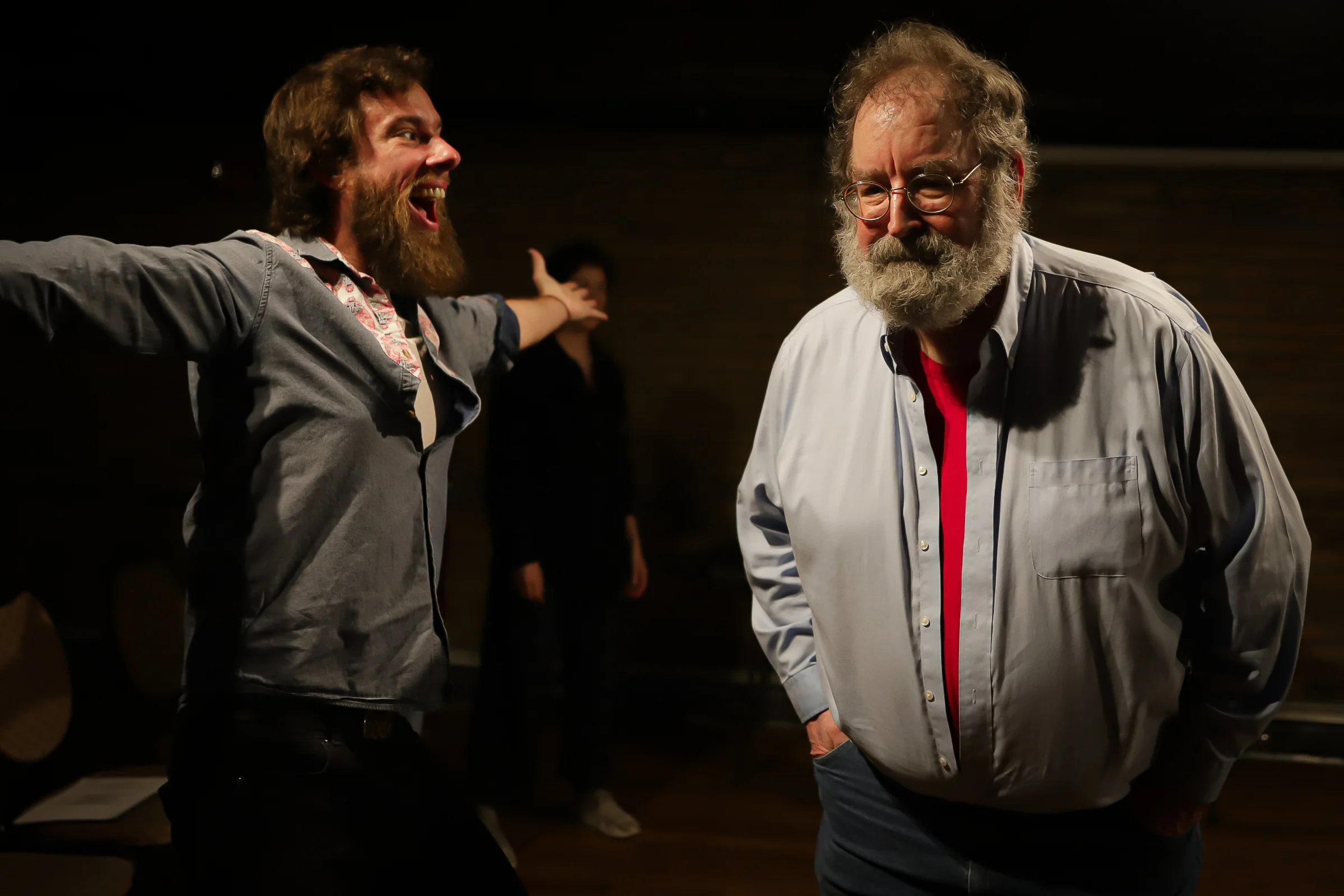
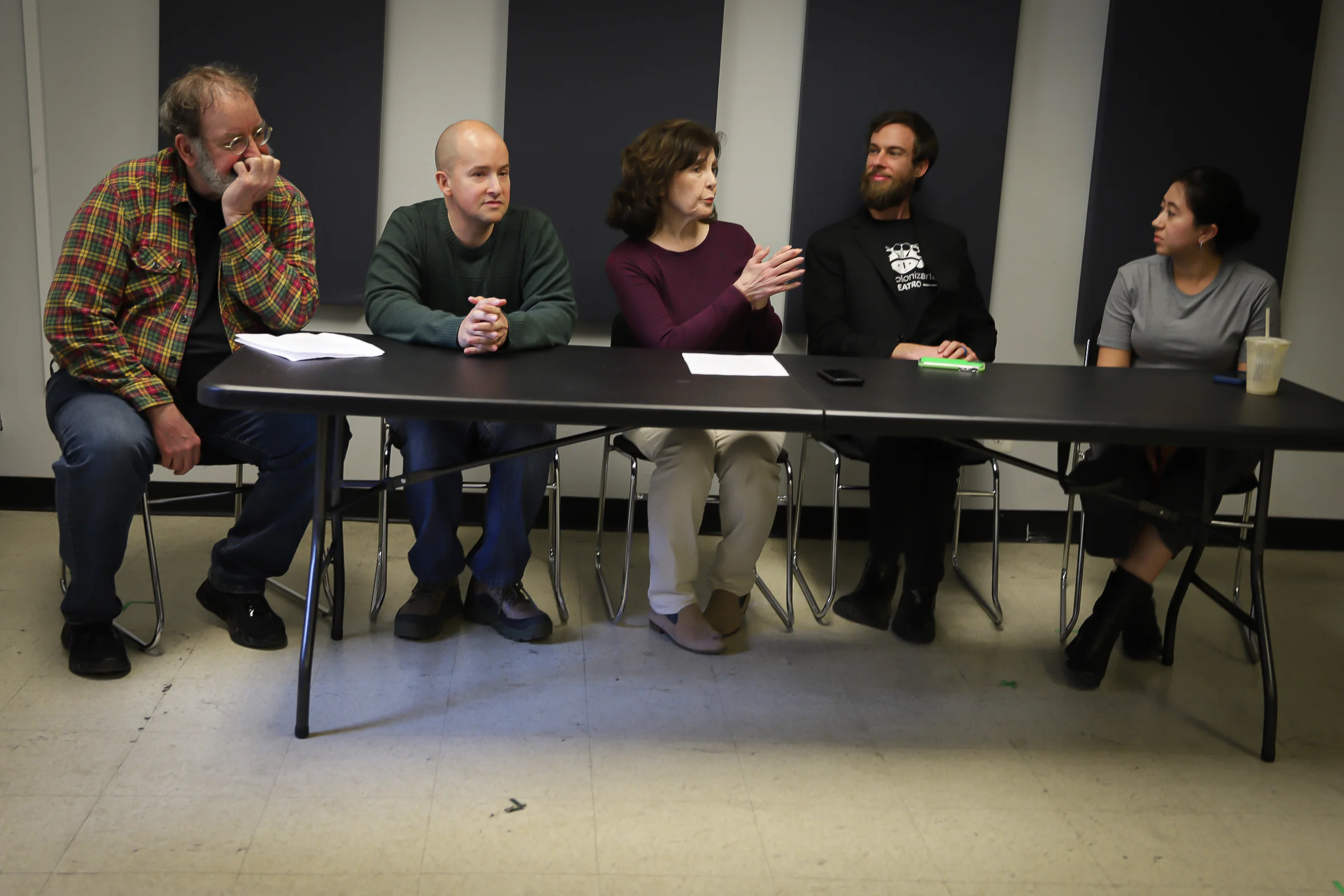
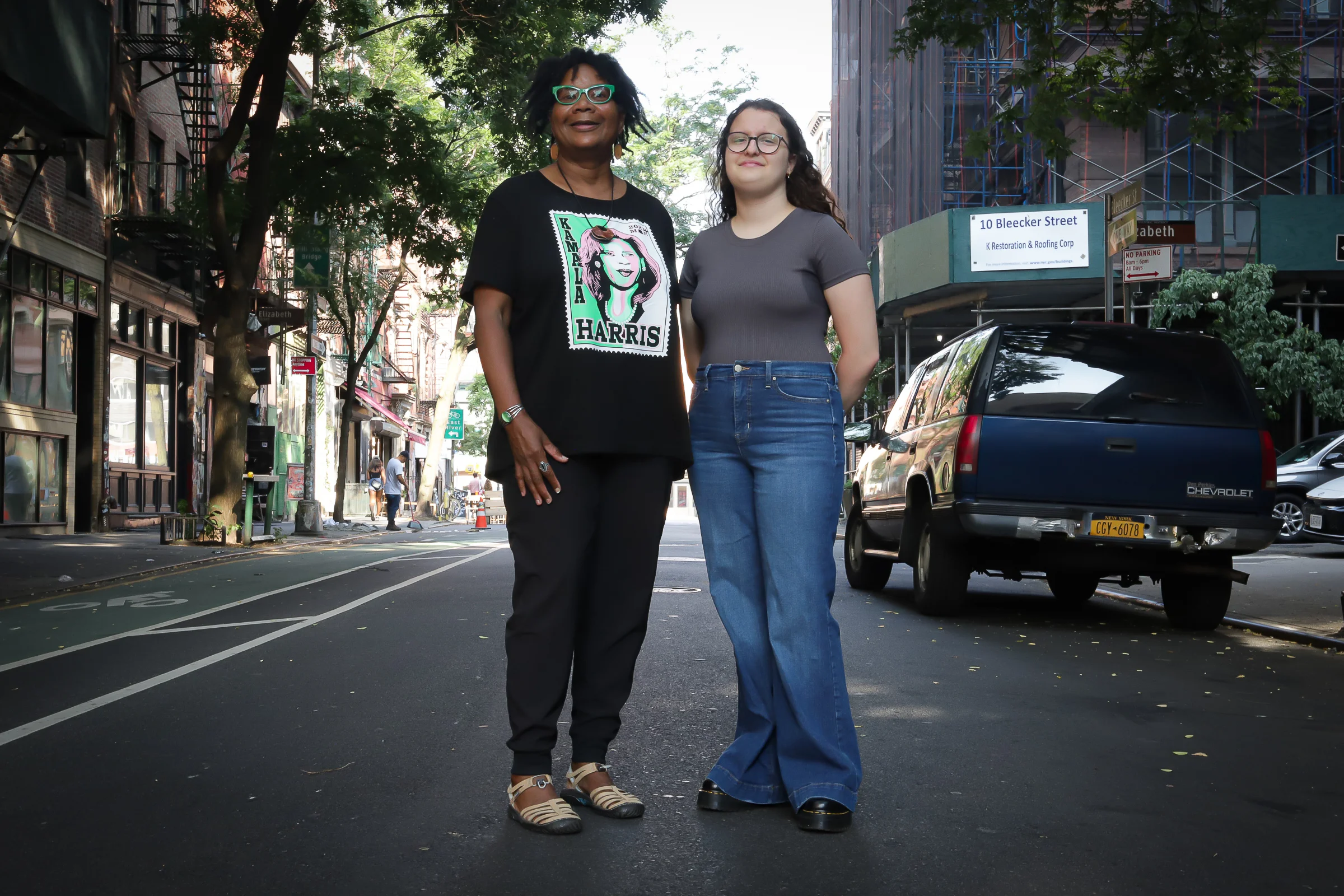

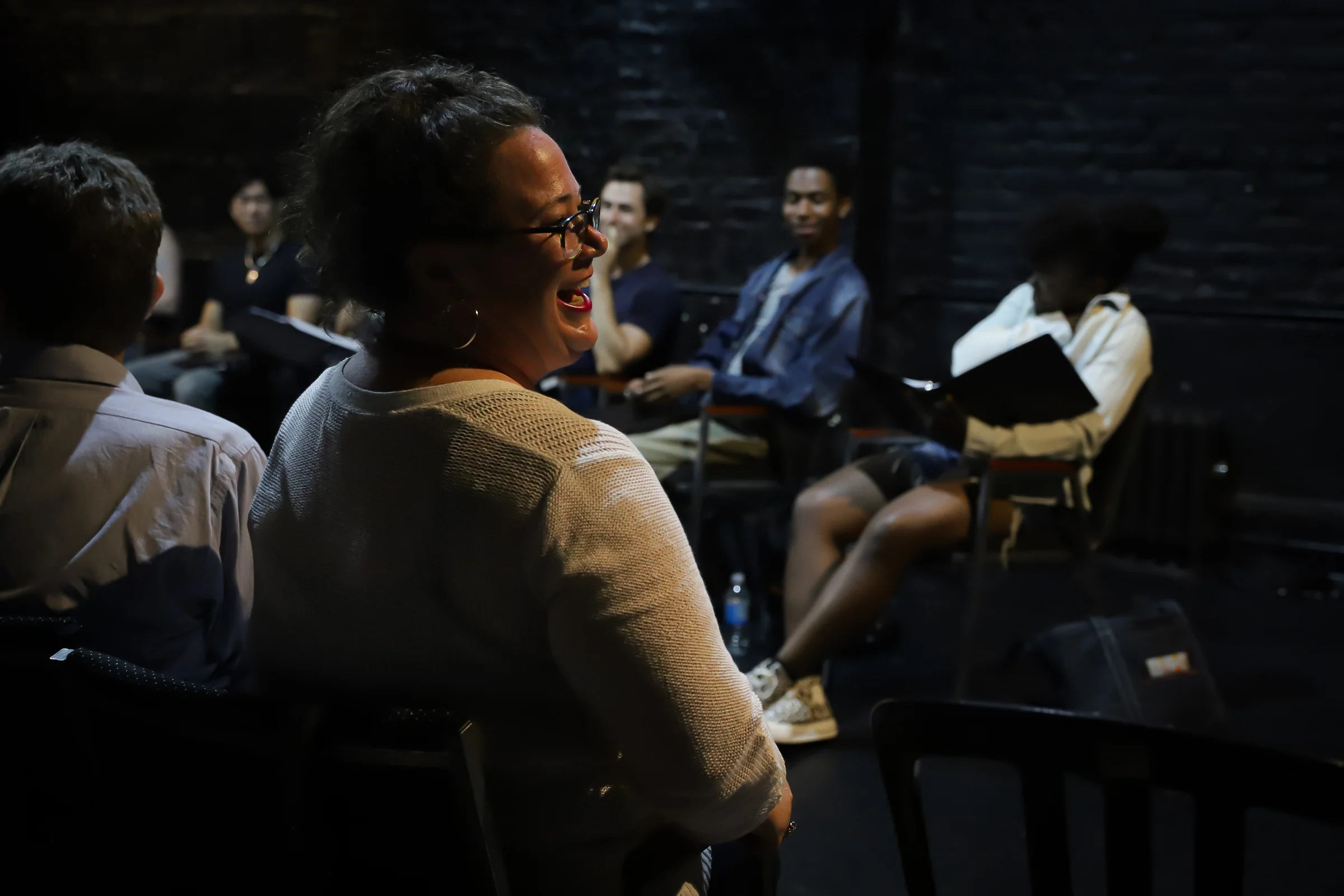
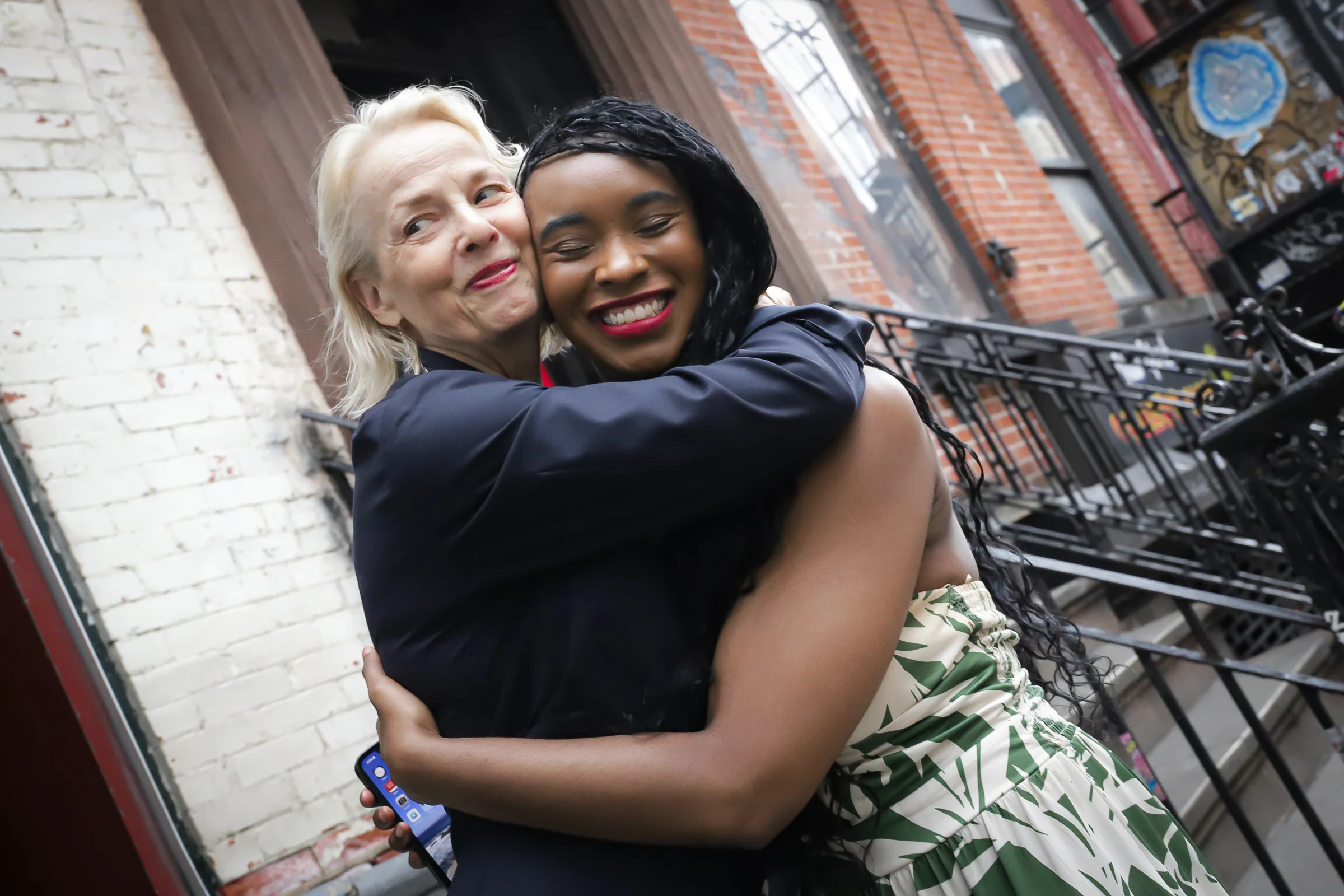
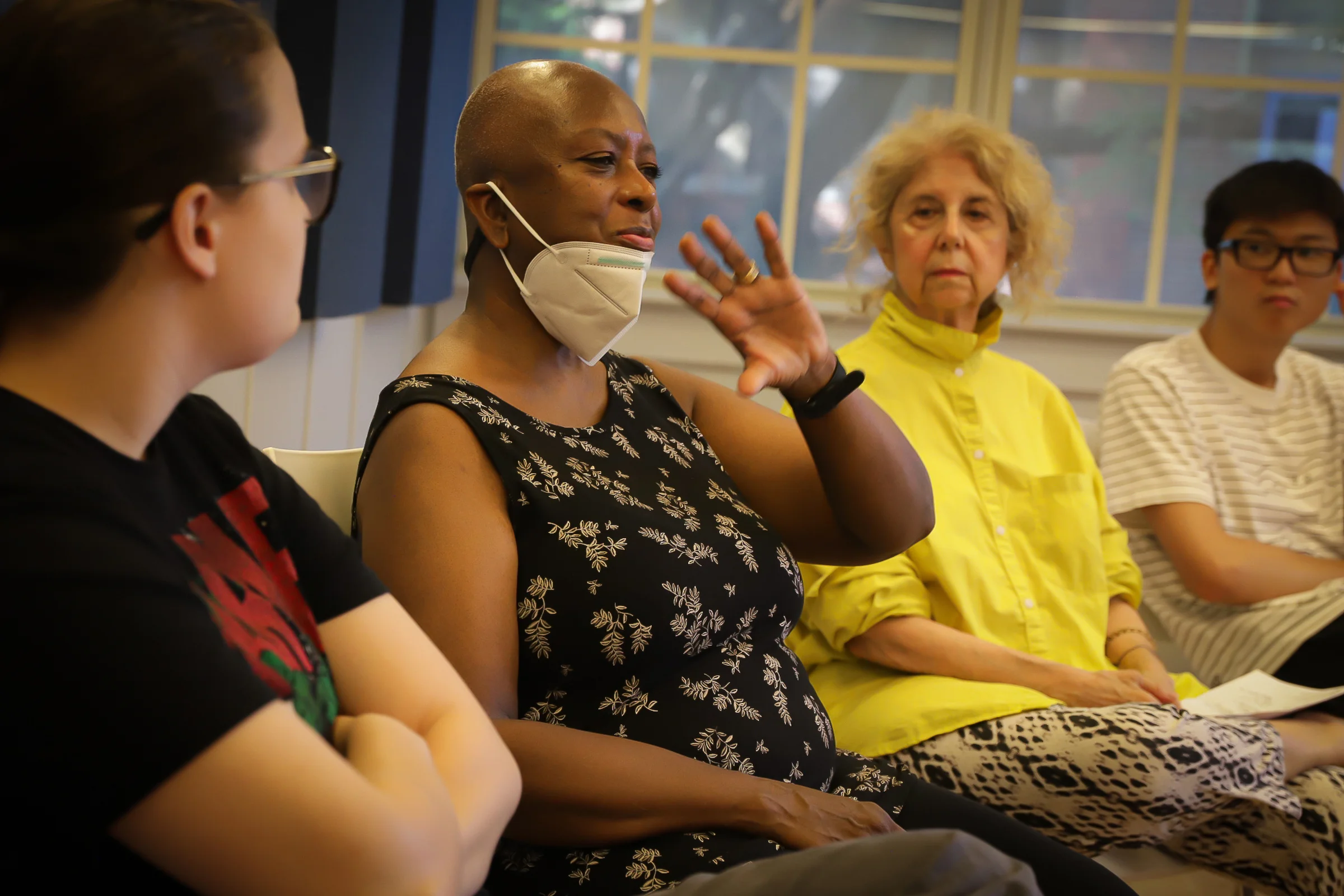
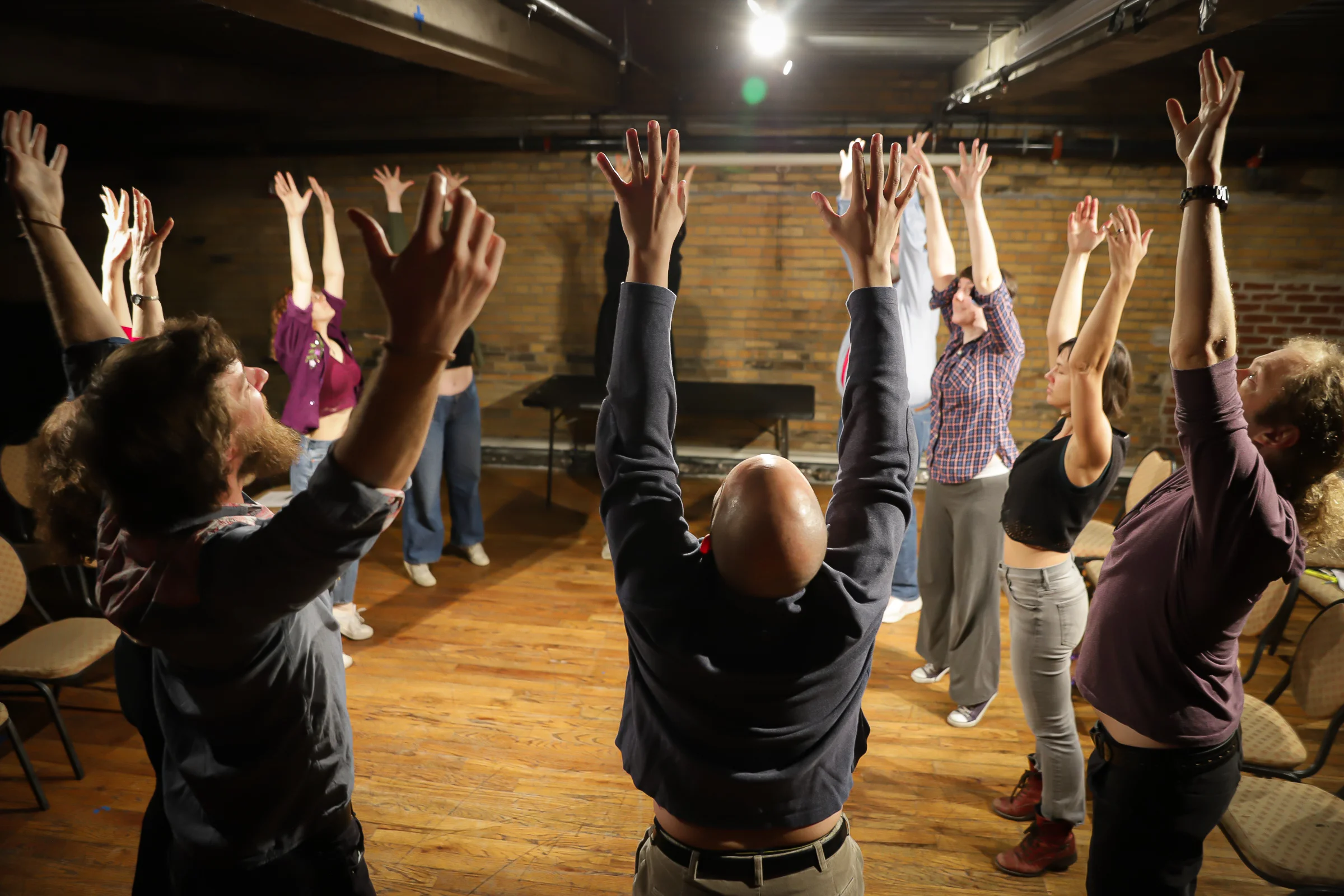
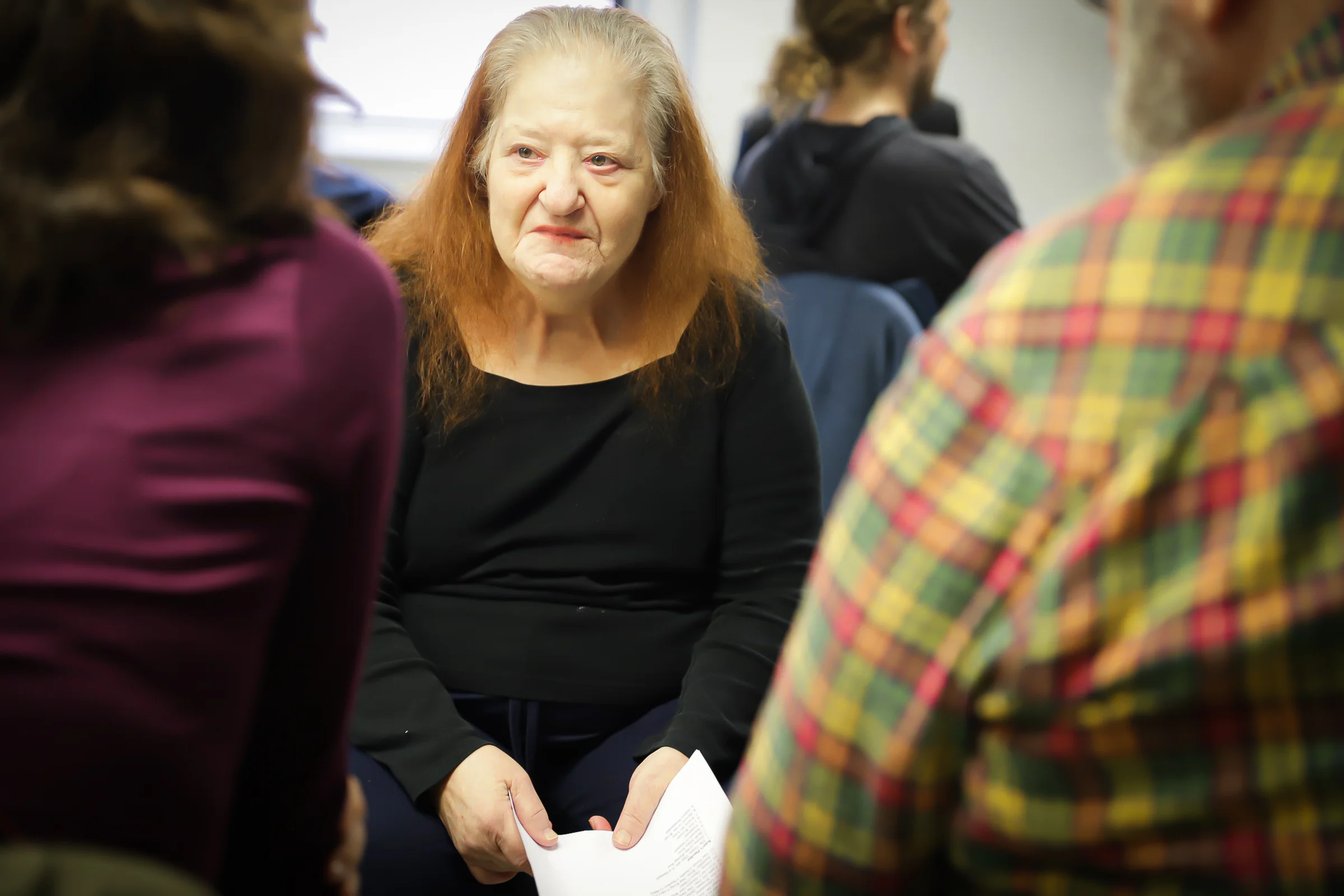
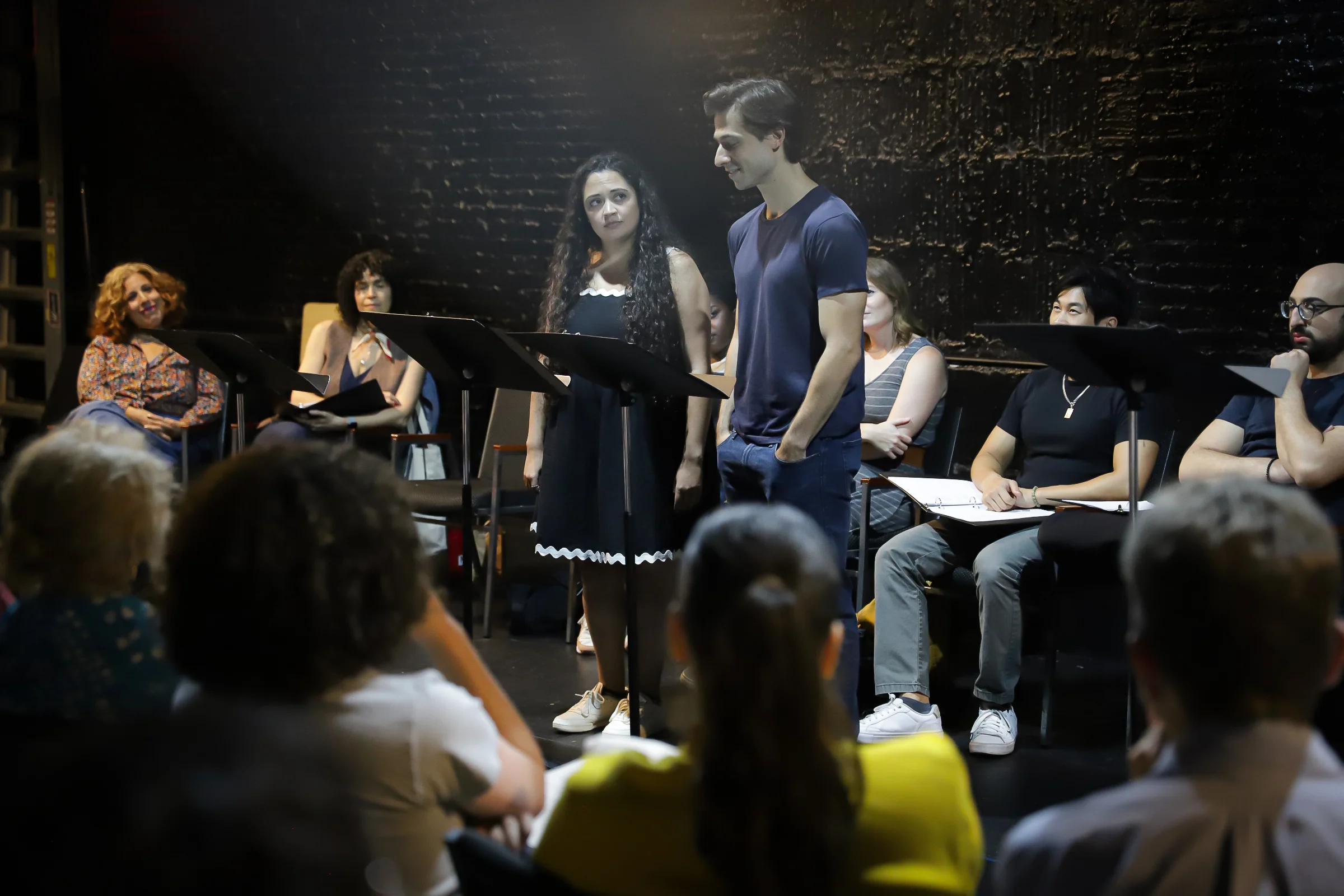
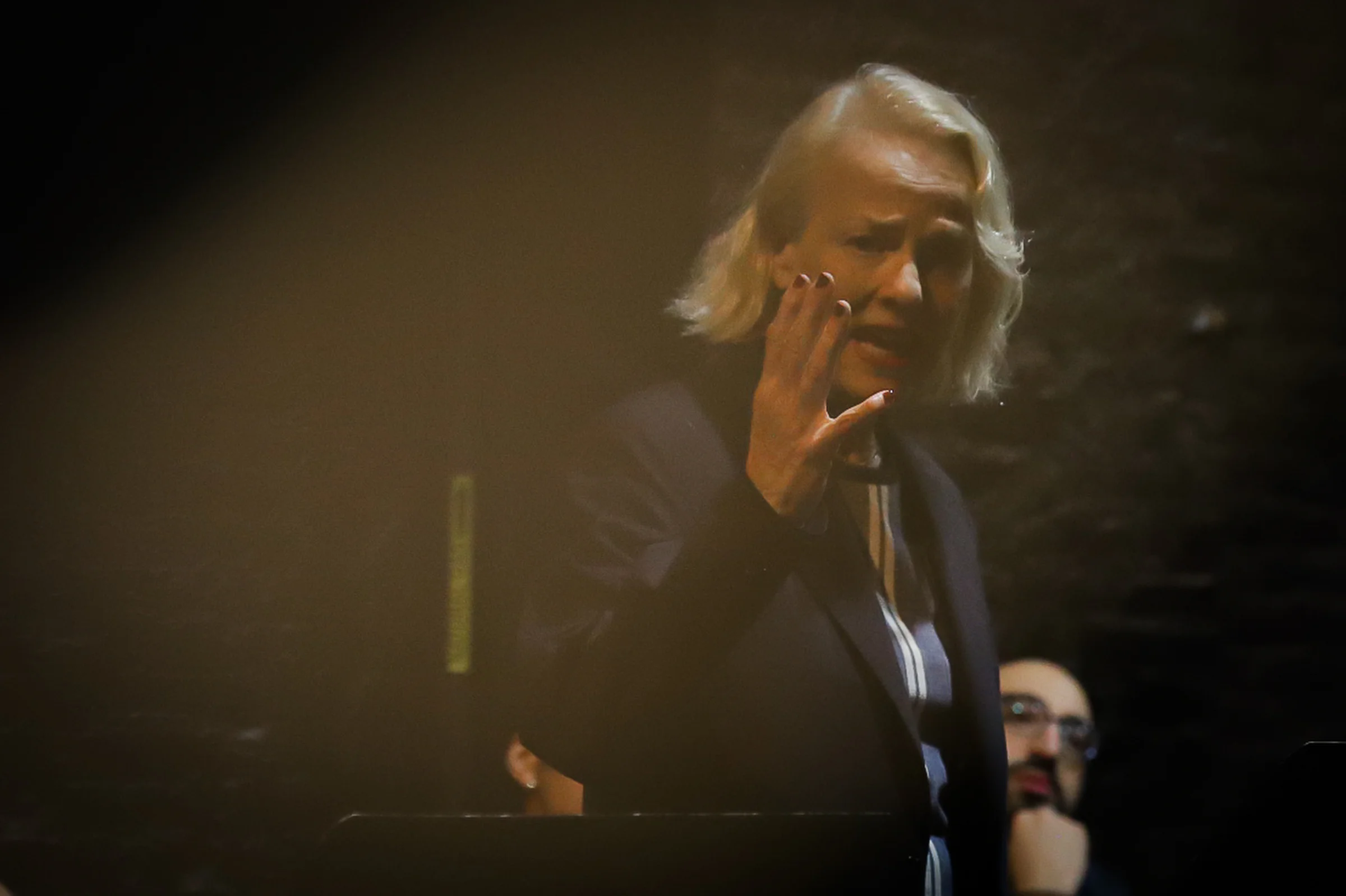

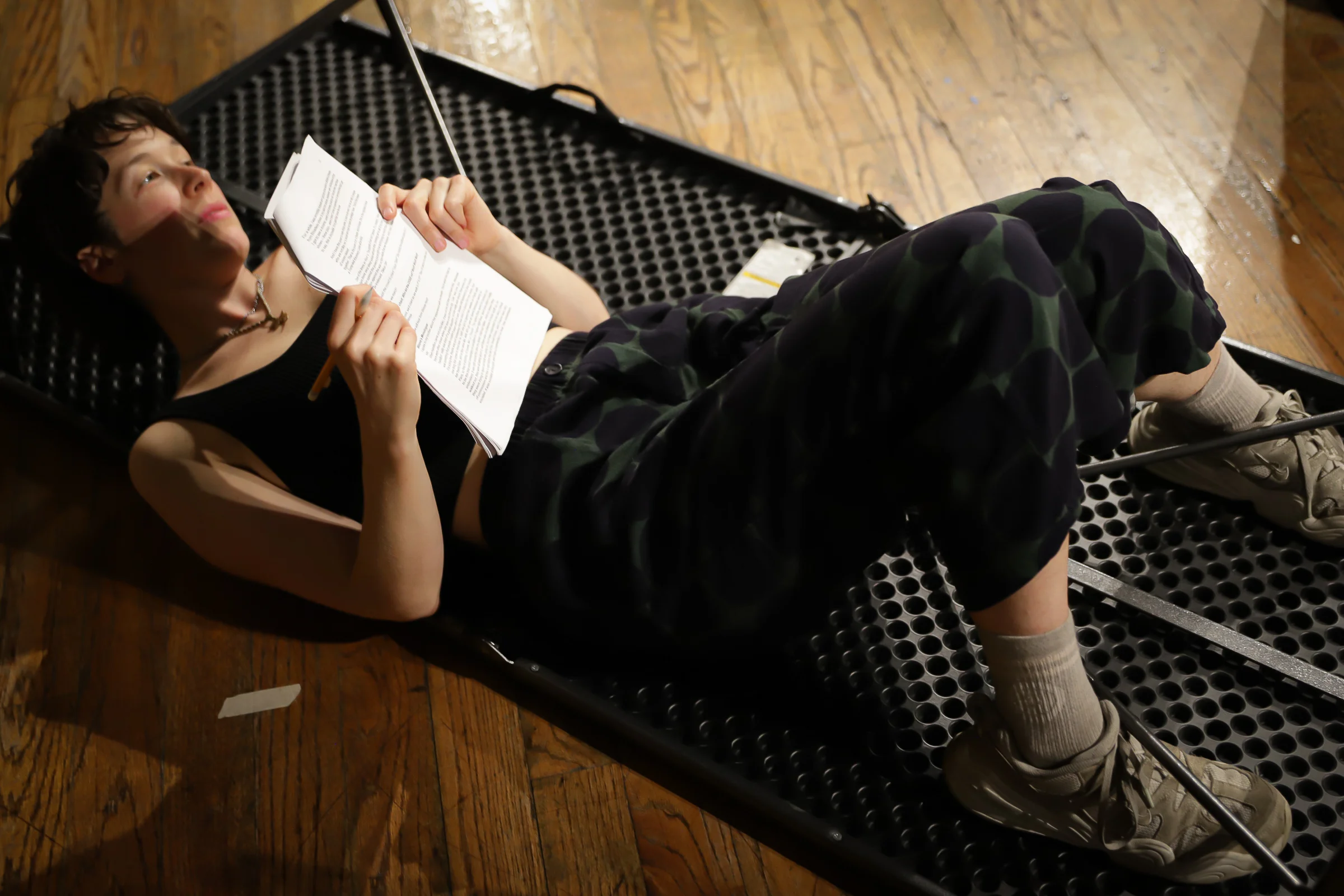


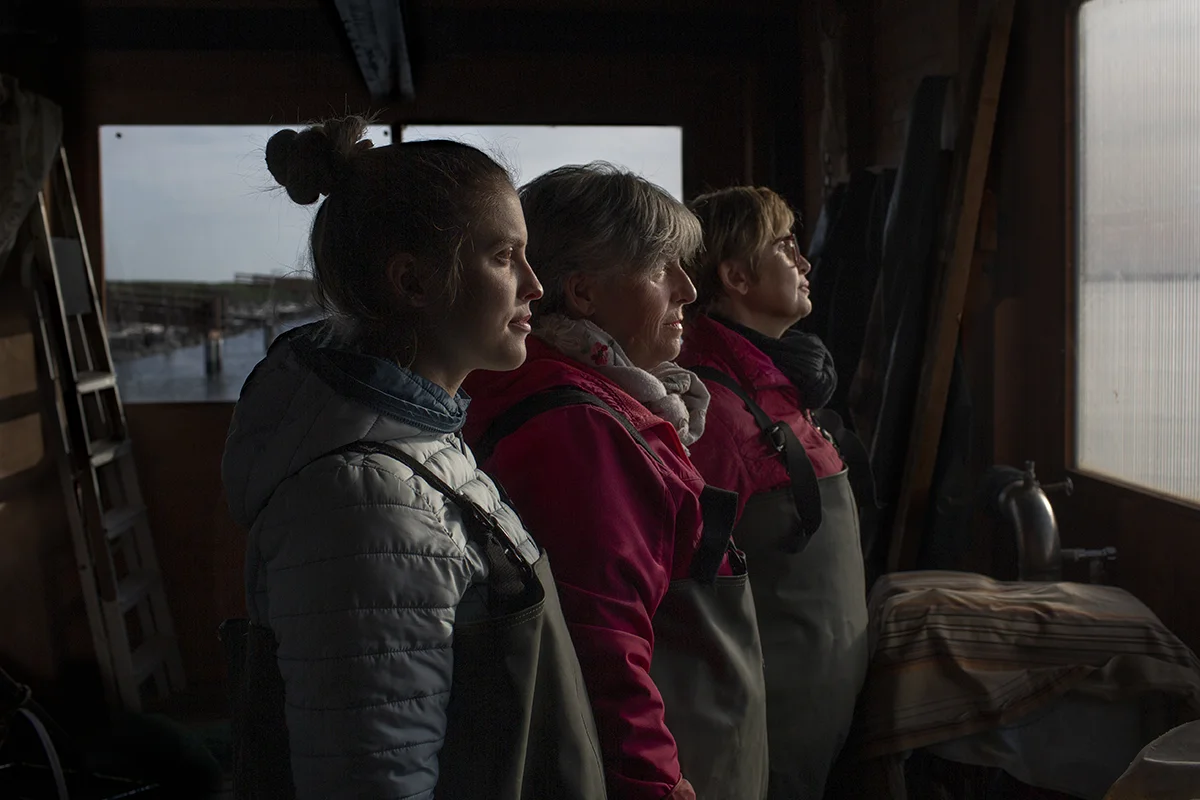

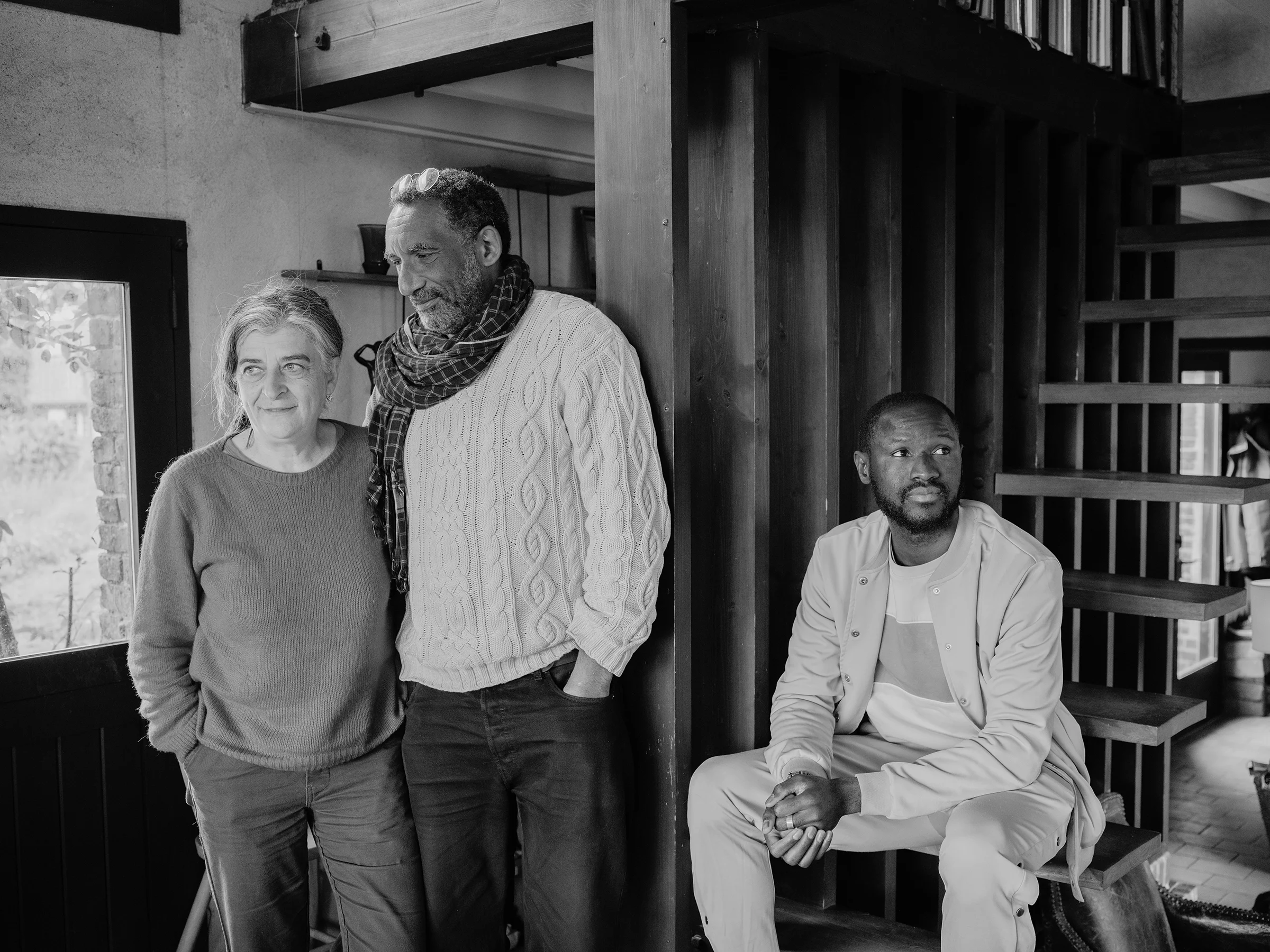

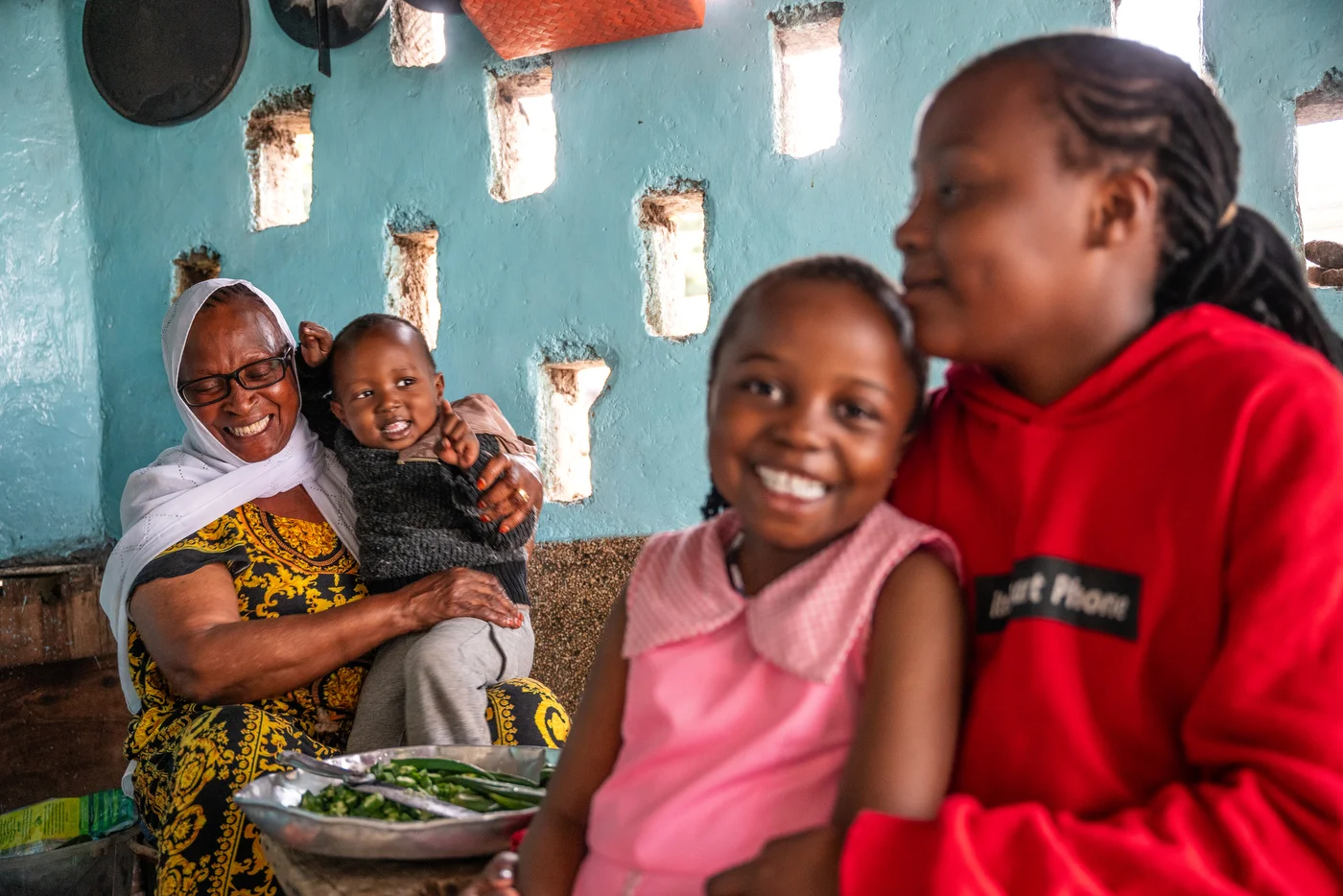
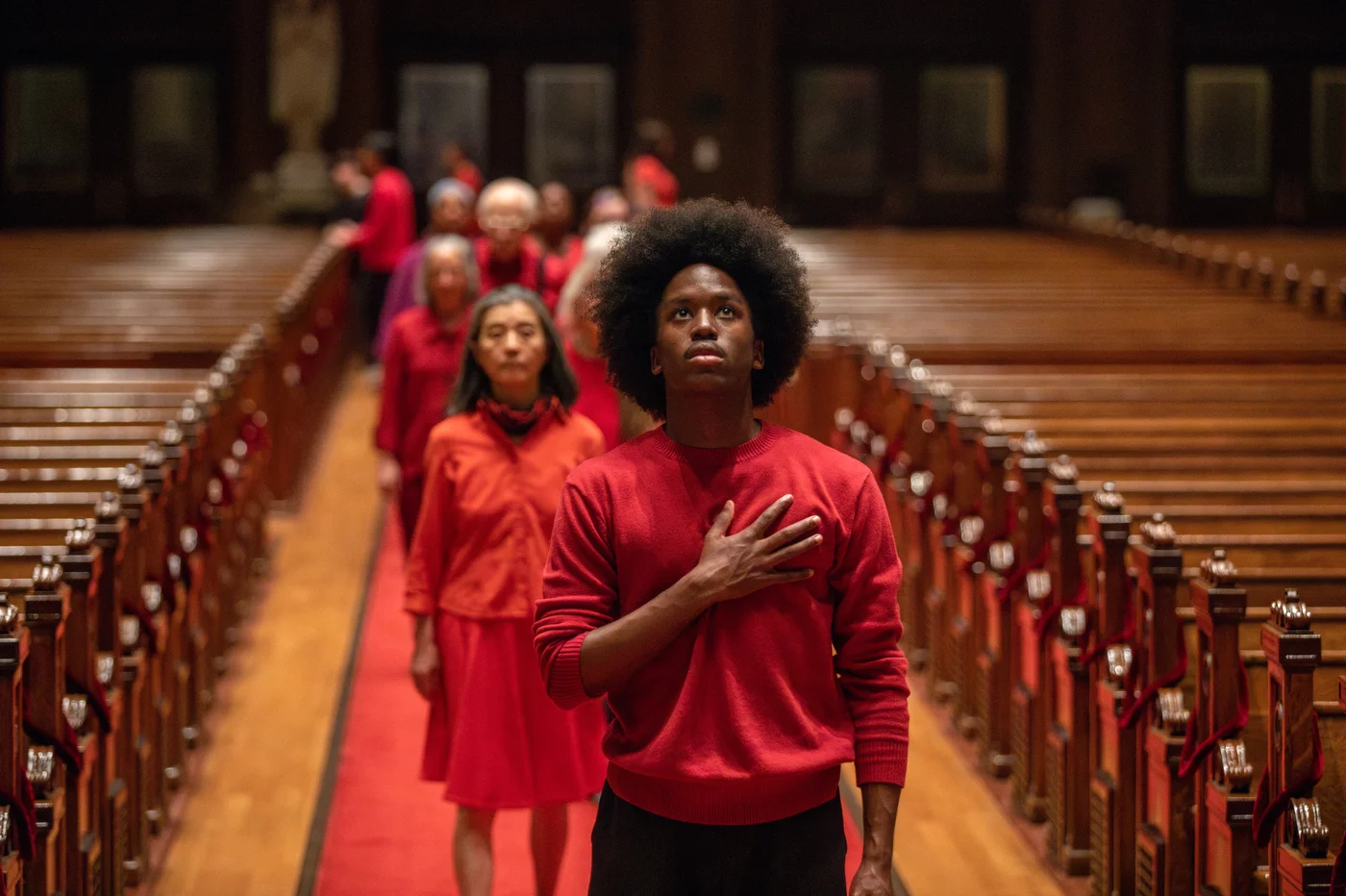
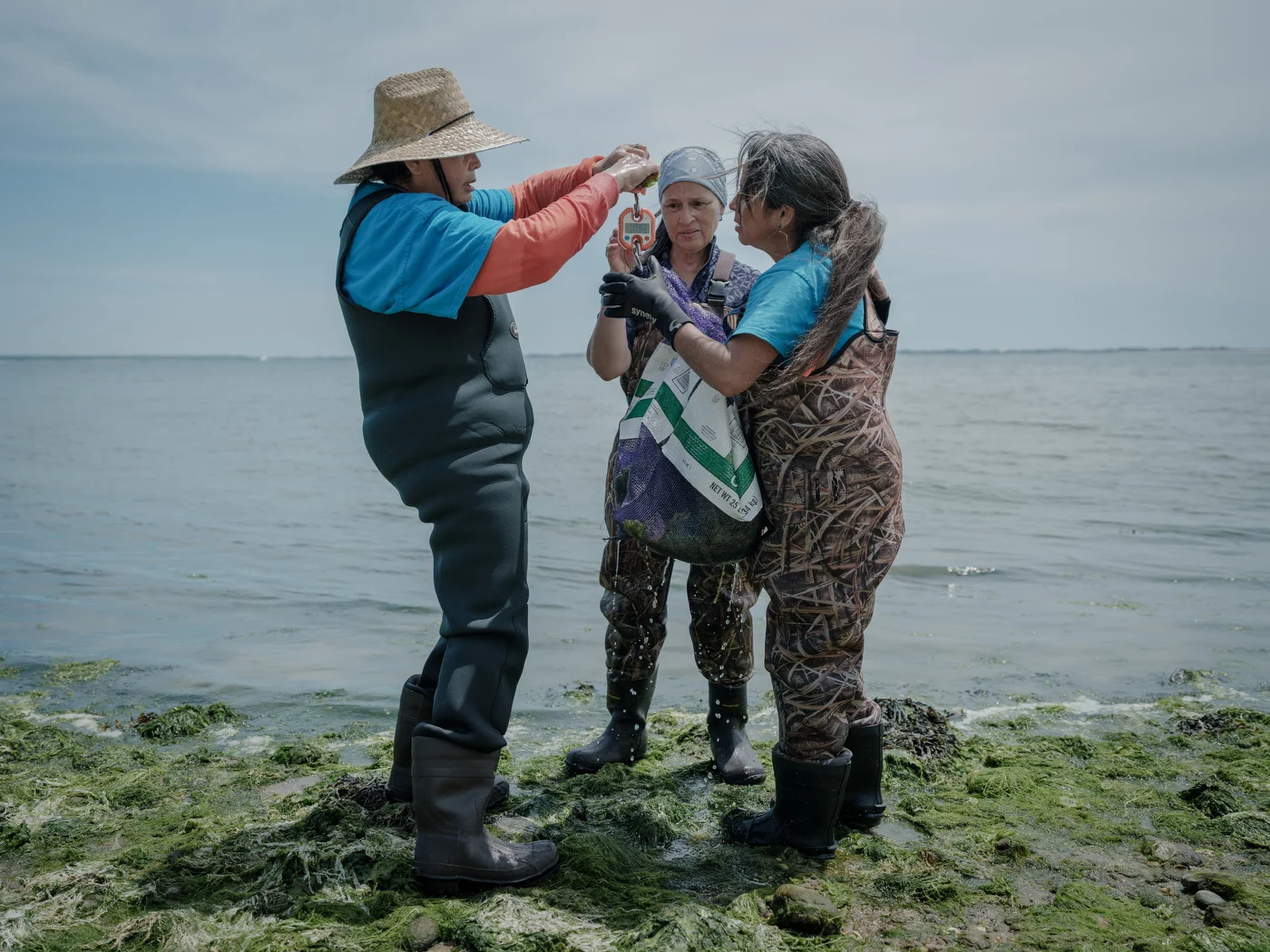






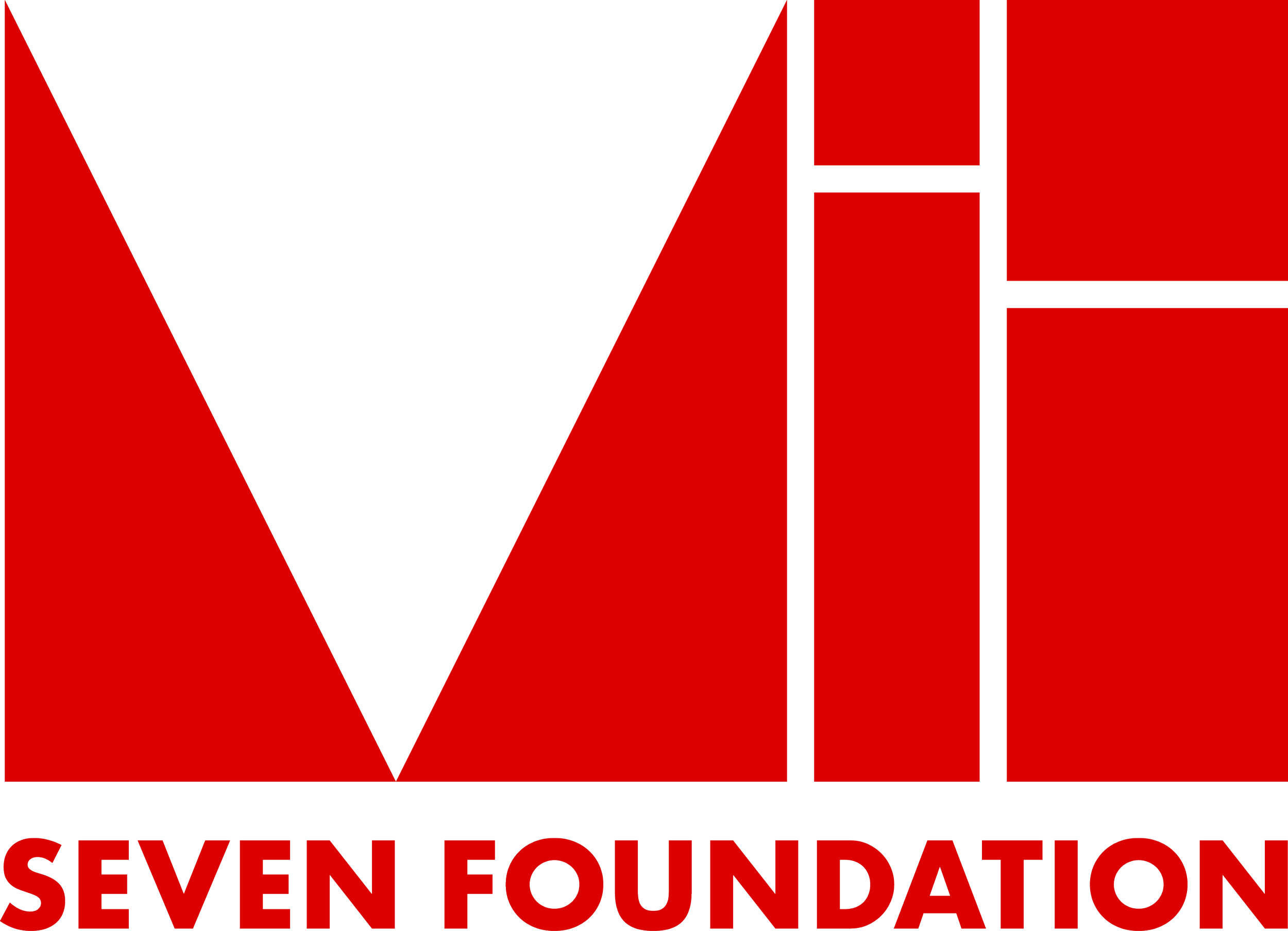



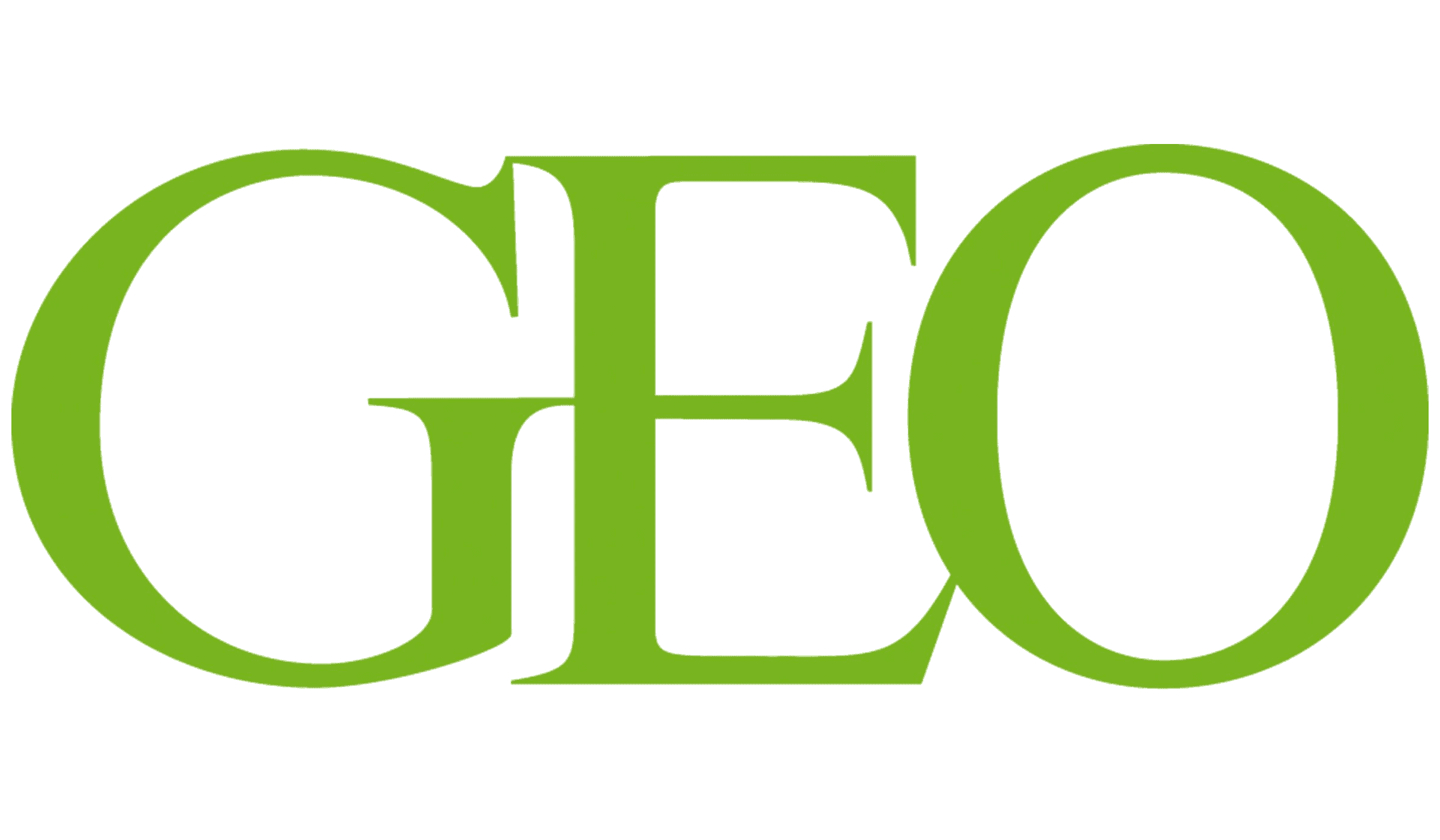


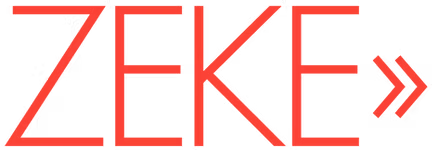

.svg)






